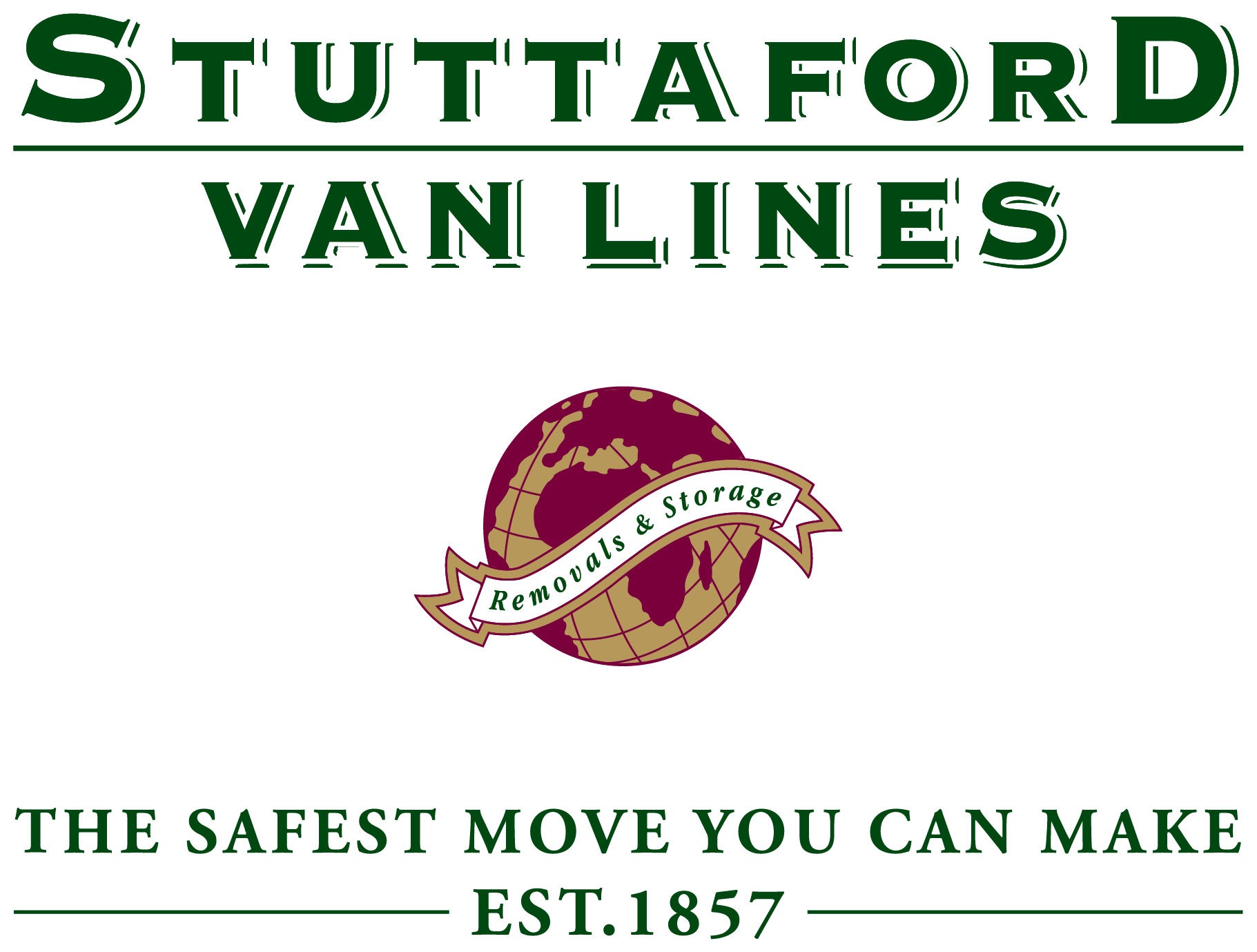Your Financial and Legal Guide for Moving to New Zealand
With its excellent healthcare, high-quality education system, and all its natural beauty, it’s no wonder more South Africans are choosing to call New Zealand home. But before you pack your bags, there are some important financial and legal steps to consider. In this guide, we’ll walk you through everything you need to know—from visas to healthcare, education, and more—to make your relocation to New Zealand as smooth as possible.
Important moving documents
Gathering and organising essential documents is a must. Ensure your passports, birth certificates, medical records, and other necessary paperwork are up to date and easily accessible. These documents will be required for visa applications, enrolling your kids in schools, and accessing healthcare services.
Visa requirements to move to New Zealand
Understanding which visa best suits your situation is the first step in your relocation journey. The table below shows some common visa types, the cost (in September 2024), and the eligibility requirements. For most South Africans, the skilled migrant visa is the most popular immigration route. This visa is points based, with factors like age, job offer, and qualifications all contributing to your eligibility.
| Visa Type | Eligibility | Cost (NZD) | Description |
| Skilled Migrant | A points-based system, skilled work experience | $4,290 | For skilled workers who meet age, health, and character requirements. |
| Work to Residence | Job offer from an accredited employer | $4,290 | Temporary work visa leading to permanent residency after 24 months. |
| Partner Visitor Visa | Must have a partner who is a citizen or resident in New Zealand | $211 | Temporary visa leading to permanent residency after 24 months. |
| Student Visa | Enrolment in a recognised educational institution | $375 | For students enrolled in full-time study programs. |
| Entrepreneur Work Visa | Minimum capital investment of $100,000, a business plan, and 120 points on a points scale. | $3,920 | For those intending to start or buy a business in New Zealand. |
A comprehensive list of visa options are available on Immigration New Zealand, the official immigration portal of the New Zealand government. Each visa comes with its own application fee and eligibility requirements. Additionally, you may need to budget for medical examinations and police clearance certificates, which are essential to your application.
Opening a bank account
As they say, “money makes the world go round”. Opening a bank account will make day-to-day transactions easier and help establish your financial footprint in the country. You can apply online up to 90 days before arriving or once you move to New Zealand.
- Choose a Bank: Popular options include ANZ, ASB, BNZ, and Westpac.
- Required Documents: Passport, visa, proof of address, and tax identification number from South Africa.
Some banks may charge a small account setup fee or monthly service fees, but many offer no-fee accounts. You might expect to pay around NZD 5 to 10 per month for basic account maintenance if fees apply.
Healthcare in New Zealand
New Zealand’s healthcare system offers both public and private healthcare services. The public healthcare system is primarily funded through taxation and provides services either free of charge or at a minimal cost.
It’s available to citizens, permanent residents, and most work visa holders (typically those with visas valid for 2 years or more). Children under 18, regardless of their parents’ visa status, also have access to public healthcare services.
Registering for Healthcare: Registering with a general practitioner (GP) as soon as you arrive is important to access additional primary healthcare services. Visits to a GP are subsidised but not entirely free. Adults typically pay around NZD 20 to 50 per visit, depending on the location and whether you’re enrolled with the practice. For children under 13, GP visits are usually free.
Private Health Insurance: While the public system is comprehensive, some residents opt for private health insurance to cover additional services, reduce waiting times for elective procedures, and gain access to private facilities. Premiums for private insurance can range from NZD 1,200 to 2,500 annually, depending on the coverage.

Non-residents and Visitors: Non-residents and visitors, including those on shorter-term visas, must pay for healthcare services or have private insurance. It’s common for visitors and short-term residents to rely on travel or private health insurance to cover these costs.
Emergency Services: Emergency medical services can be accessed by calling 111. Public hospitals provide emergency care, often without cost to residents.
Routine Care: For non-emergency situations, consult your GP. Public hospitals also provide outpatient services, maternity care, and specialist treatments.
Prescription charges: Subsidised medications are provided under the Pharmaceutical Schedule, reducing costs substantially for many treatments. Residents can expect to pay around NZD 5 per item.
Cost of living in New Zealand
Moving to New Zealand involves adjusting to new costs and financial planning. Here’s a detailed breakdown of living expenses you can expect when making the move:
| Accommodation | South Africa | New Zealand |
| One-bedroom Apartment in City Centre | R 12,242.86 | R 20,116.63 |
| One-bedroom Apartment Outside of Centre | R 8,184.85 | R 16,683.65 |
| Three-bedroom Apartment in City Centre | R 25,366.67 | R 32,505.29 |
| Three-bedroom Apartment Outside of Centre | R 15,883.33 | R 27,096.90 |
| Markets | South Africa | New Zealand |
| Milk (1 litre) | R 18.13 | R 33.67 |
| Dozen Eggs | R 42.63 | R 123.59 |
| Chicken Breasts (1kg) | R 90.37 | R 178.46 |
| Bottle of Wine (Mid-Range) | R 85.00 | R 177.84 |
| Restaurants | South Africa | New Zealand |
| Cappuccino | R 37.49 | R 61.36 |
| Coca-Cola (330ml) | R 16.81 | R 41.99 |
| Meal for 2 at a mid-range restaurant (3-course) | R 700.00 | R 1,333.77 |
| Local Draught (500ml) | R 43.50 | R 111.15 |
| Utilities and Transportation | South Africa | New Zealand |
| Basic Utilities (Electricity, Heating, Cooling, Water, Garbage) for 85m2 Apartment | R 1,647.55 | R 2,494.06 |
| Mobile Phone Monthly Plan (Calls and 10GB Data) | R 652.74 | R 681.59 |
| Fuel (1 litre) | R 24.70 | R 31.20 |
| Monthly Transportation Pass | R 675.00 | R 1,986.49 |
The cost of living in New Zealand can be higher than in South Africa, particularly in major cities like Auckland and Wellington. But, according to Numbeo, the average salary (after Tax) is around R57,000, so even though the cost of living is high, so are your earnings. With careful financial planning and an understanding of local expenses, you’ll be well prepared for a smooth and comfortable transition.
The costs of education
New Zealand’s education system is known for its high standards and diverse opportunities, catering to students from primary through to tertiary levels. Fortunately for newly arrived South Africans looking to put down roots there, education is also highly subsided or completely free, visa depending.
Education is divided into primary (Years 1-8), secondary (Years 9-13), and tertiary education. Children aged 6 to 16 are required by law to attend school.
- Public Kindergarten (Early Childhood Education Centres): For children aged 3 to 5, New Zealand offers 20 hours of free preschool per week through public kindergartens and licensed ECE centres. These 20 hours are available to children whose parents are residents or on eligible work visas. If you need more than 20 hours a week, you’ll have to pay additional fees, which can range from NZD 5 to 10 per hour depending on the centre.

- State Schools: Children of New Zealand citizens, permanent residents, and work visa holders (typically with visas valid for more than 2 years) are eligible to attend public schools. A zoning system is used to manage enrolment and avoid overcrowding. Each school has a defined geographical area, and children living within that area are given priority. You may be asked to pay small donations or fees for extracurricular activities, school trips, or school supplies. These contributions typically range from NZD 100 to 500 per year, but they’re not mandatory.
- Private Schools: Private schools in New Zealand charge tuition fees, which can vary significantly depending on the school. Fees generally range from NZD 15,000 to 40,000 per year. These schools tend to offer smaller class sizes, a broader range of extracurricular activities, and may have specialised curricula.
- Additional Costs: Beyond tuition, expect additional costs for uniforms, extracurricular activities, and possibly boarding.
Tertiary Education
New Zealand has eight universities, all of which are ranked among the best globally. Domestic students (citizens, permanent residents, and eligible visa holders) benefit from subsidised tuition fees, with costs ranging from NZD 6,000 to 9,000 per year for an undergraduate degree.
The government also offers student loans to domestic students, which are interest-free while residing in New Zealand. Scholarships are also available to help reduce costs. International students need to secure a student visa and provide proof of sufficient funds. International students pay higher fees, typically between NZD 20,000 to 35,000 per year.
Transportation in New Zealand
- Buying a Car: Public transport is limited in most parts of New Zealand. As a result, most New Zealanders own cars, and you’ll likely need to buy one too. Expect to pay around NZD 8,000–12,000 (approx. ZAR 100,000–150,000) for a decent used car. New cars will cost more.
- Running Costs: Car-related costs include fuel (around NZD 2.50 per litre), insurance, registration fees (about NZD 120 per year), and maintenance. Comprehensive car insurance is advisable and can range from NZD 400–800 per year depending on your vehicle and type of coverage.
- Public Transport: If you’re living in Wellington or central Auckland, public transport is a viable option. A monthly bus or train pass in these cities costs between NZD 150 and 200.
Moving with a Trusted Company: Stuttaford Van Lines
Moving from South Africa to New Zealand is a significant life change and there is a lot to consider, but with the right preparation– and the right moving partner – it can be a smooth and rewarding experience.
Why Choose Stuttaford Van Lines for your move?
- Experience: We’ve specialising in moves from South Africa to New Zealand for more than 150 years!
- Comprehensive Services: From fine art packing and vehicle shipping to customs clearance and delivery. Whether your move is large or small we will find a solution to meet your requirements and fit your budget.
- Peace of Mind: Our FIDI certification guarantees our moving services adhere to the highest quality standards in the international moving industry, ensuring professional and meticulous handling of your belongings.
Interested in making your relocation to New Zealand hassle-free? Contact Stuttaford Van Lines today to get your free moving quote.
